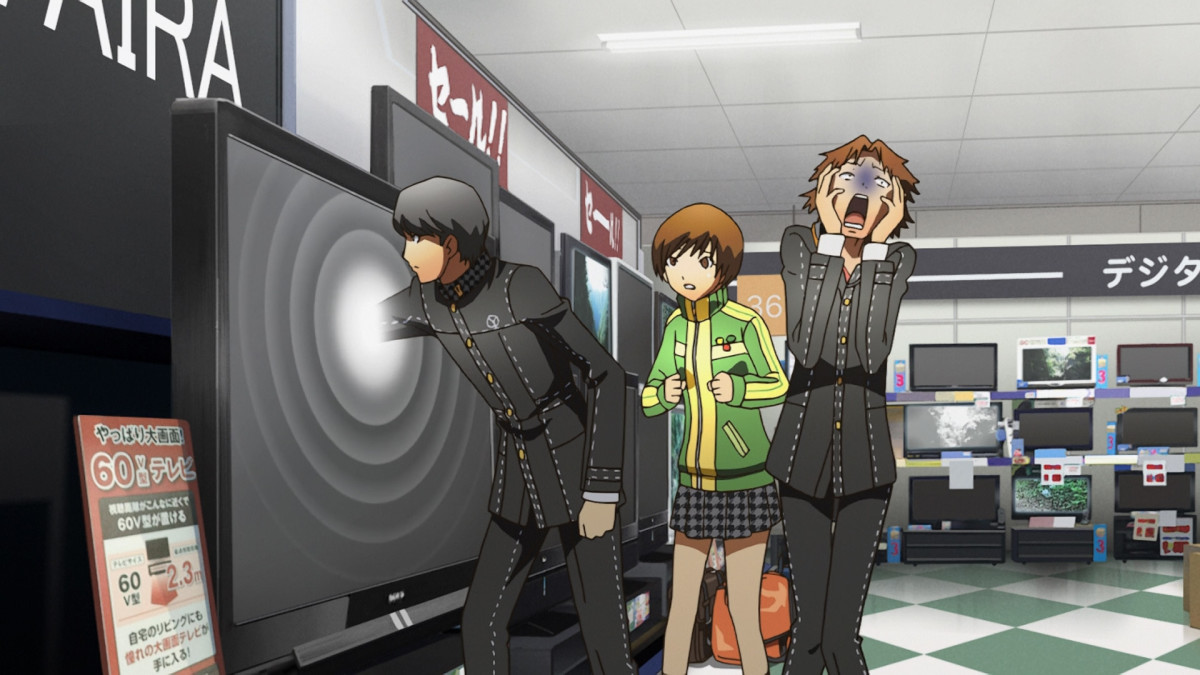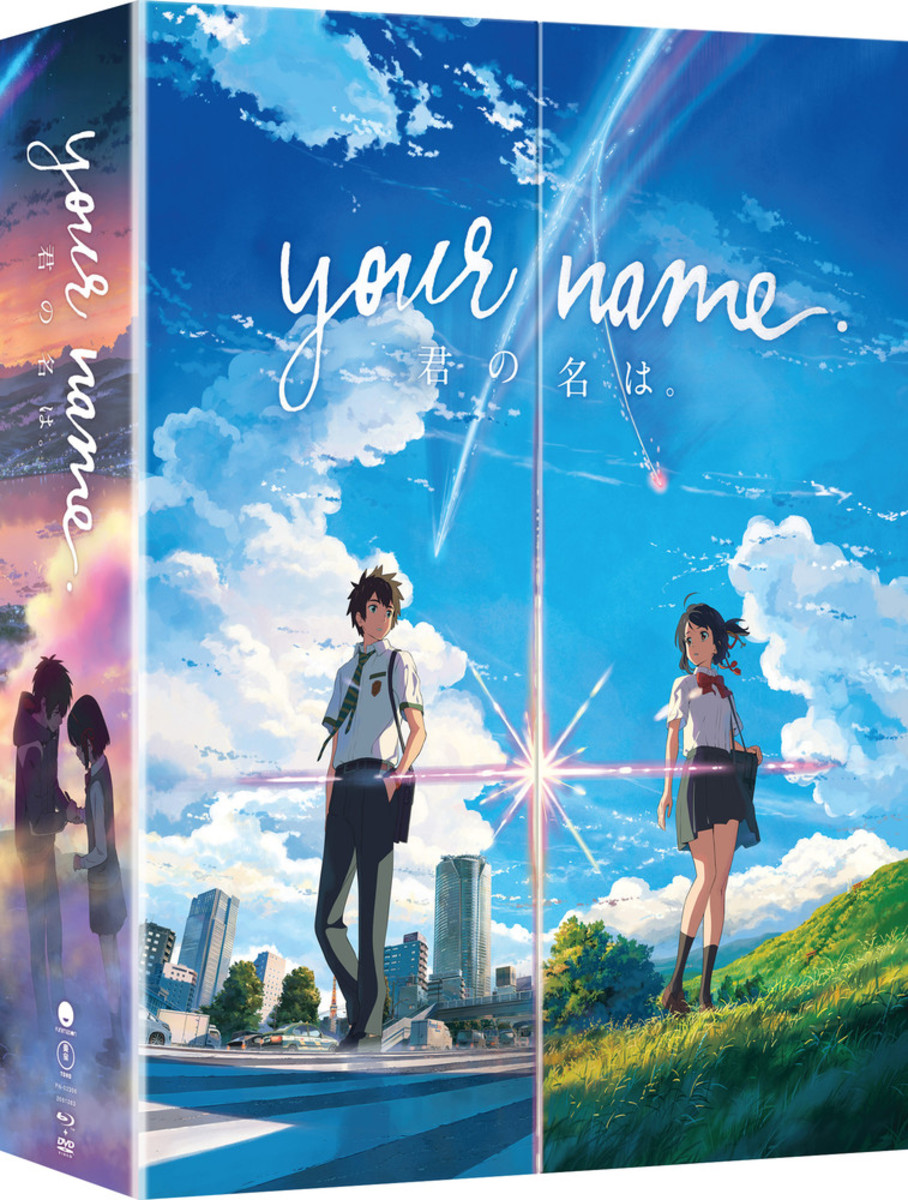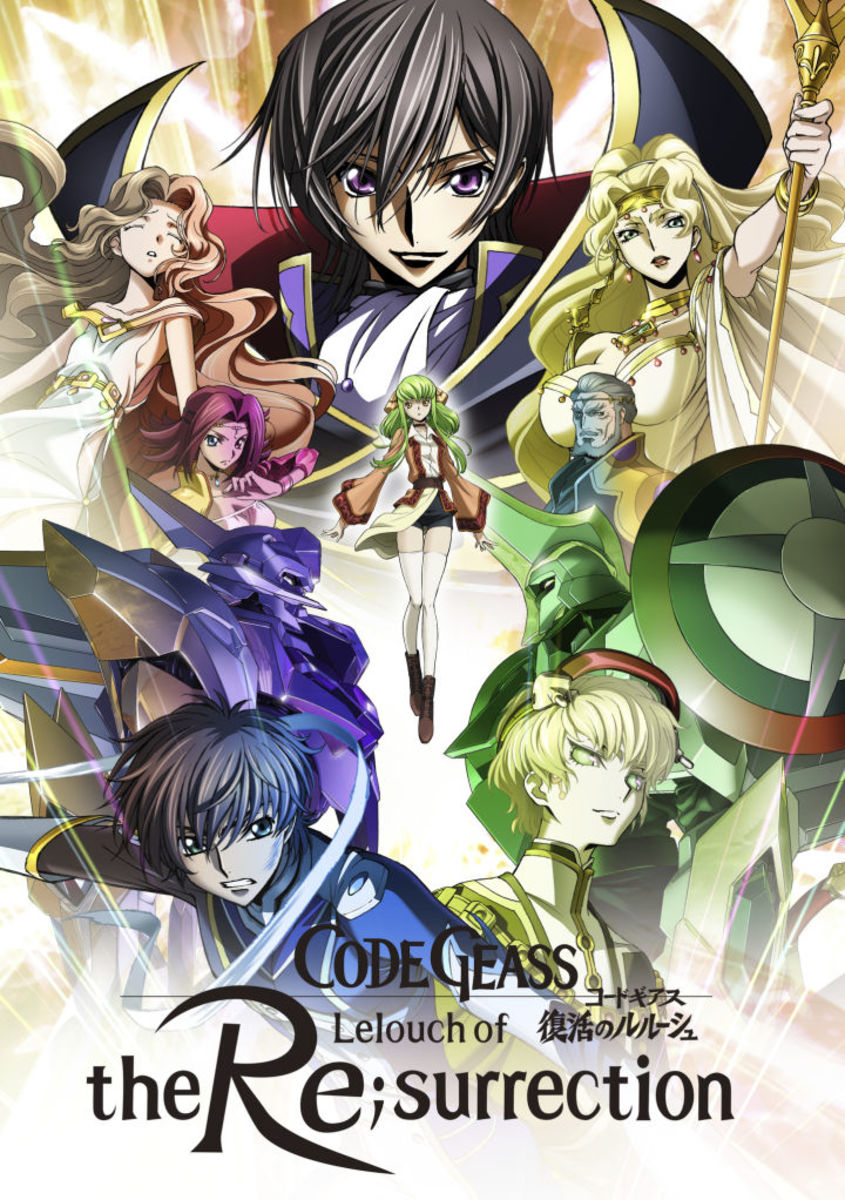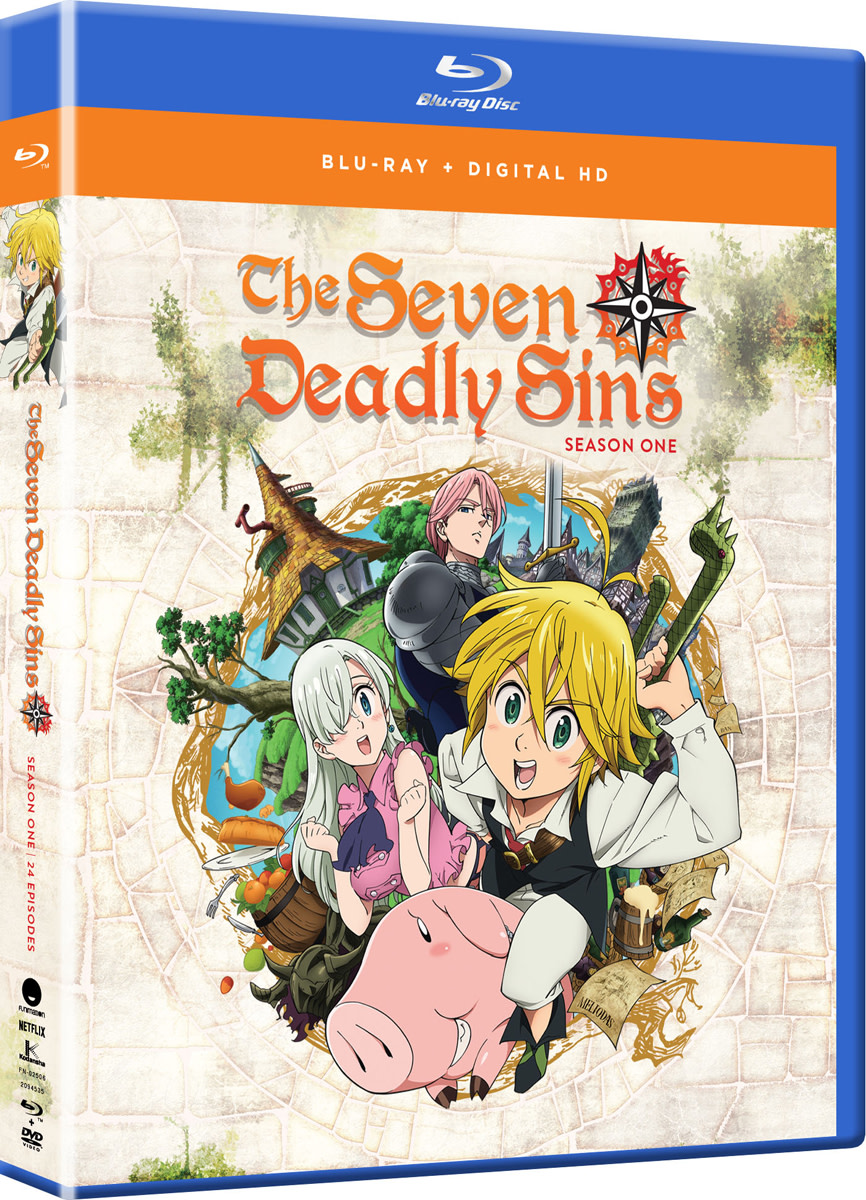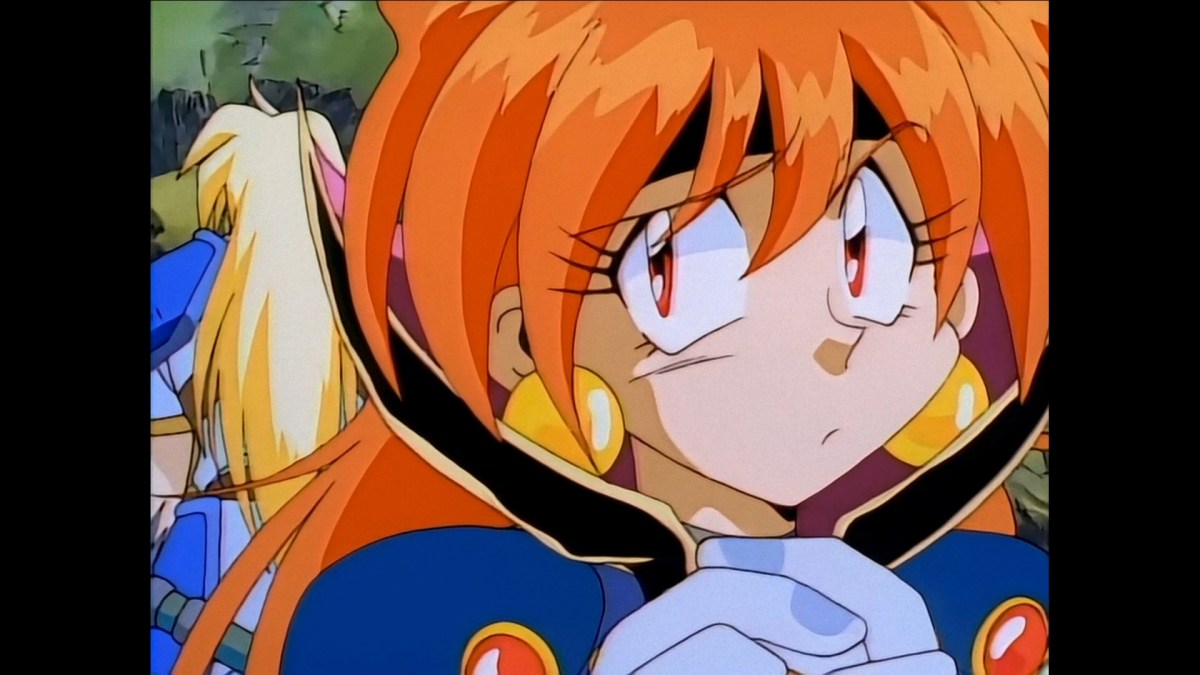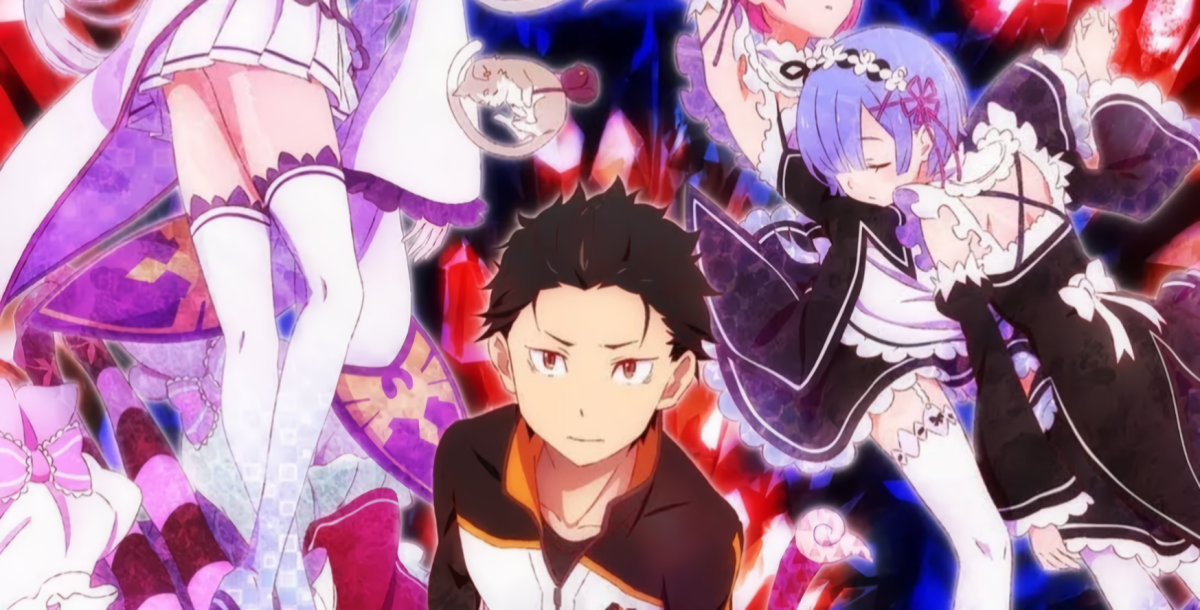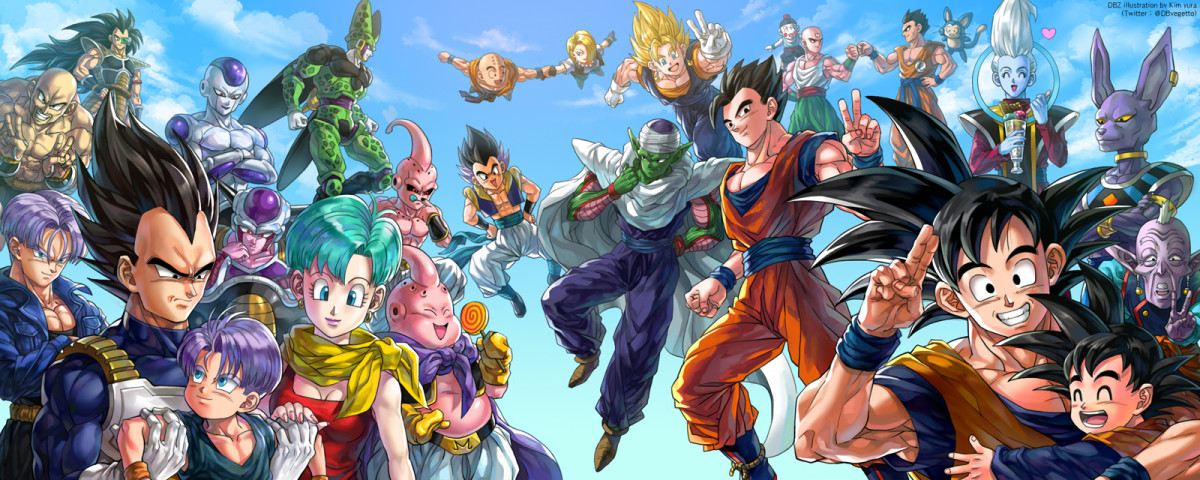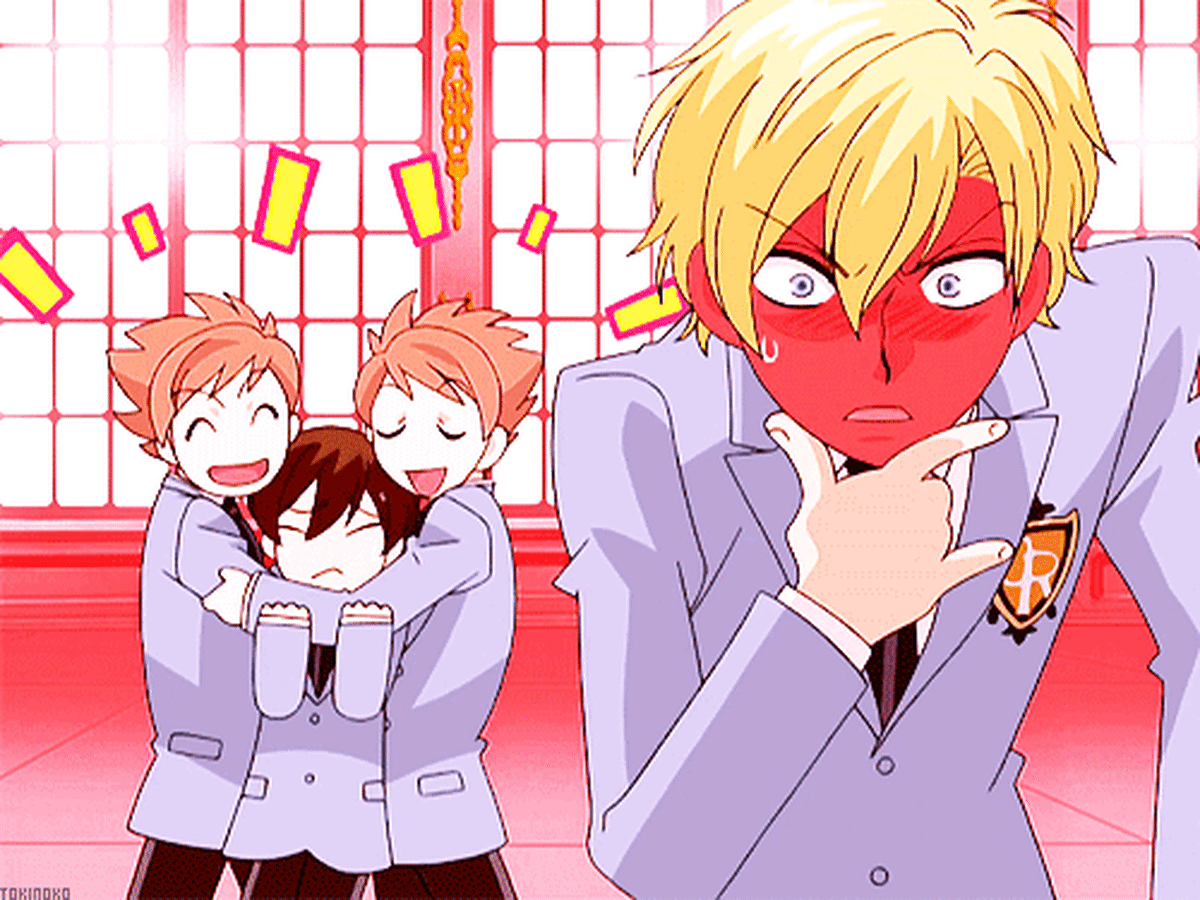Anime Reviews: The Garden of Words
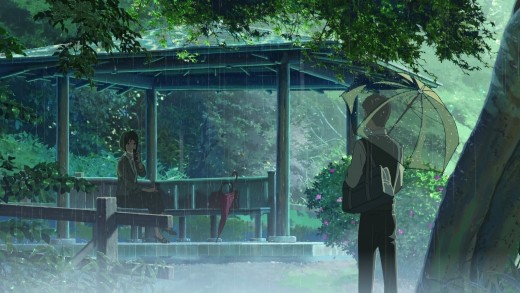
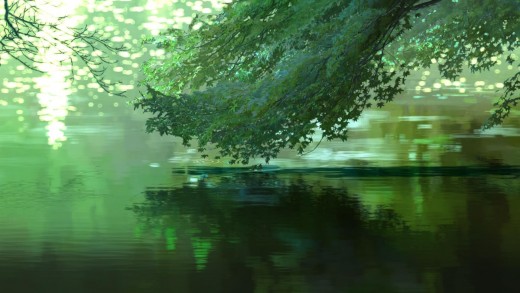
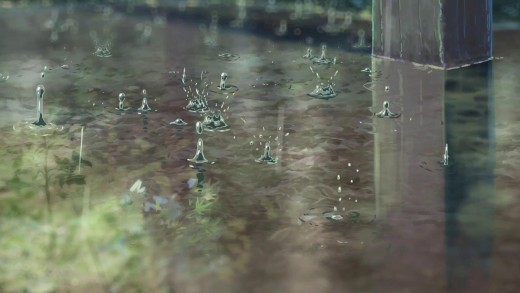
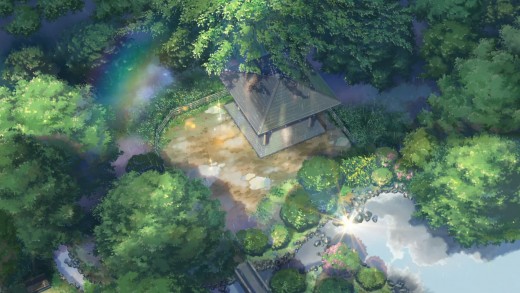
While not the perfection his previous film was, The Garden of Words further proves that Makoto Shinkai is not even close to running out of his creative steam.
Title: The Garden of Words a.k.a. Kotonoha no Niwa
Genre: Drama/Romance
Production: CoMix Wave, Inc.
Film Length: 46 minutes
Air Dates: 5/31/2013
Age Rating: 3+ (no objectionable content)
Summary: Takao Akizuki is a high-schooler who has yet to find his place in the world, but that doesn't necessarily mean he has no goals--his fascination with shoes has led him to pursue a career making them. In the meantime, he works part-time at a restaurant and spends rainy mornings skipping classes and, instead, walking to the Shinjuku Gyoen National Garden. Taking shelter under a gazebo, he meets a woman in her twenties who seems to have a few quirks of her own. She carries numerous bars of chocolate, as well as a few cans of beer, and her well-dressed appearance gives Takao the impression that she's skipping work. The two quickly form a casual friendship as they meet every rainy morning, and while their personal lives remain tumultuous, they know they'll find comfort enjoying each others' company as the rain falls.
The Good: Those jaw-dropping visuals; brilliant soundtrack; likable characters
The Bad: Feels somewhat incomplete
The Ugly: Trying to decide whether the foot-measuring scene is beautiful and heartwarming or just weird
If Children Who Chase Lost Voices was proof that Makoto Shinkai could operate outside of his comfort zone (and how!), The Garden of Words is proof that he has no problem switching right back to it. And when your comfort zone is "making brilliant romantic drama," it's one I'll easily forgive you for falling into. The fact the film clocks in at 46 minutes also got me excited, as the vast majority of Shinkai's most brilliant works have been short films, so you can bet I grabbed myself a copy as soon as I possibly could. And while it wasn't quite the epic masterpiece that his previous film was, I was still quite pleased (and moved) by The Garden of Words. Let's delve into it, shall we?
First of all, I'm probably sounding like a broken record at this point with Shinkai's films, but holy crap is this film gorgeous. The extremely rich greens of the garden and the cold, distant grays of the city really help to bring us into the characters' world, further enforced by the mesmerizing raindrop effects and seamless CG-assisted movement of the garden's foliage. And the detail! Oh God, the detail! The man's always been a stickler for the tiny things in his animation, but he just outdoes himself over and over again.
The character artwork is kept relatively simple to contrast, but their designs are quite pleasing and never once look off or even out of place amidst the photo-realistic settings. As far as the animation goes, the CG-assisted work is magnificent, but the 2D animation is merely "great" instead of "mindblowingly amazing." Oh well. Guess I'll have to settle.
And now, here's where I'd normally talk about Tenmon's glorious soundtrack. It's fantastic, yes, but...it's not Tenmon. I actually did not know this until just before writing this review, but the soundtrack was actually written by Daisuke Kashiwa, and this is evidently his first major work in film. Before this, he performed in a post-rock group and wrote all kinds of experimental and/or ambient tracks. However, with horrifyingly-beautiful tunes like "The Afternoon of a Rainy Day," "While Hearing Sounds of Rain," and "Greenery Rain," it's hard to imagine this would be his last. Clearly this man is a genius.
Because it's so brief, the other songs on the soundtrack include "Rain of Recollection," "A Silent Summer," and "A Rainy Morning." Twice. And last but not least, "Rain," covered by Motohiro Hata (originally by Oe Senri), is a catchy little pop tune that fits the film like a glove, and I don't think it will ever leave my head. Which is fine by me. All in all, a top-notch soundtrack by a relative newcomer, and I can't wait to see what he puts out in the future.
Now then, we get to the meat of the film, and that's the two main characters: Takao and Yukari. We don't learn a whole lot about the two of them, but we do learn the important things, and you could say that's the movie's greatest strength--it doesn't spell everything out for you, yet you can't help but want to know more about them. We know that Takao's family is a bit dysfunctional, but get very few details regarding their history. We know that Yukari's recovering from various social issues, but we get very little insight into their causes. But despite the gaping holes in what we know about them, they are still very fleshed-out and relatable, and that's what drives us to want to know more.
And really, I'm not doing a good job explaining how that's a good thing, but consider this: Takao mentions about halfway through the film that he knows next-to-nothing about Yukari, yet he finds himself helplessly charmed by her. That's what the characters are like. We don't get all the juicy details or the sordid histories, but their quirks and their demeanor are enough to draw us in, and that's what good character writing is all about, if you ask me. I'm having trouble articulating this point, so I'll just put it out there bluntly: the characters are likable and well-written, even the side characters who only get a handful of lines, and the fact that the movie is almost entirely character-driven means that a lot was riding on them. But they carry the film like a champion.
However, unlike Children Who Chase Lost Voices, I do have something negative to say about this film, and it is that the film feels somewhat unfinished. Not in any technical sense--the film is essentially perfect in the auditory and visual departments--but rather in terms of its ending. There comes a point where all the dramatic tension boils over and is finally released in a satisfying explosion of emotion, but then the film just kinda ends. I'm not saying it needed another hour or anything, but maybe a few more minutes to bridge the climax and the epilogue together would have been welcome. I'm alright with films knowing not to drag themselves out and overstay their welcome, but in my opinion, this movie could have afforded to stick around just a little longer. It, in fact, understays its welcome. And that makes me sad.
Although, that's no excuse to skip over The Garden of Words. An abrupt ending does not, in any way, negate its many, many wonderful aspects. Is it as good as Children Who Chase Lost Voices? No, of course not. Very few films are. Is it still a great film that deserves the less than an hour of your time it requires to watch? Absolutely. You can actually pick it up for pretty cheap on Amazon, so it's not even like it'll hurt your wallet. You've got little to lose and a lot to gain, I say.
Final Score: 9 out of 10. Featuring Makoto Shinkai's most impressive artistry to date, The Garden of Words is an introspective and touching drama that stands tall among the man's already impressive filmography.

